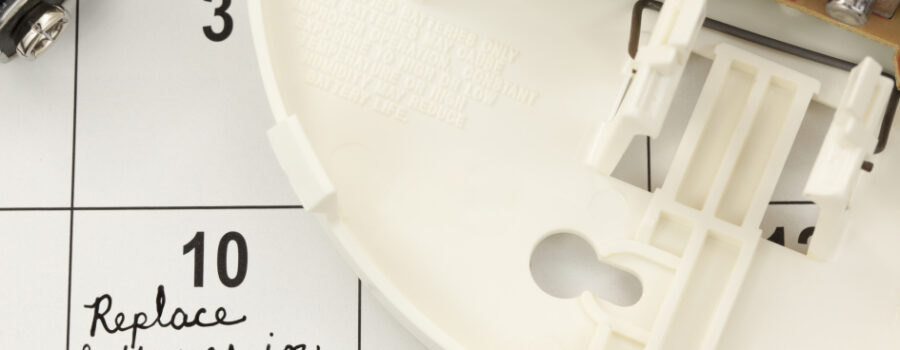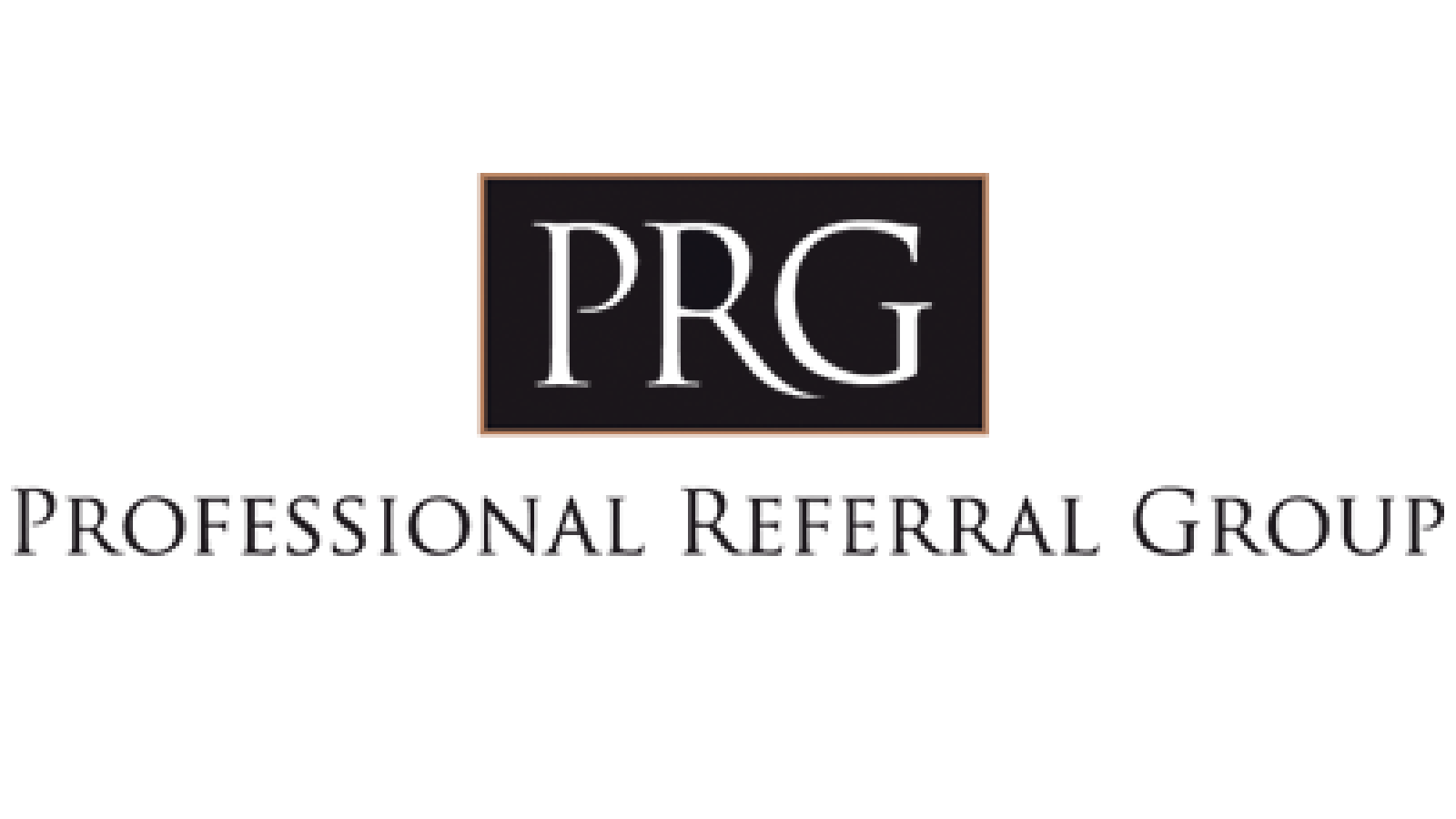Disasters and tragedies are not predictable.
While it’s good as a homeowner to be aware of the types of disasters that can befall your home, it’s also good to be aware of some things you can do to mitigate those disasters, should they happen to you.
At Miller Restoration, we take the attitude that, like the Scouts, you want to “be prepared.”
So, here are a few tips from our Disaster Kleenup International-trained expert staff about staying prepared in a positive way.
1. Keep on top of your insurance needs
It’s a good idea to re-visit your home’s insurance policy a couple of times a year, to make sure your coverage is as complete as can be. We would rather pay a few extra dollars every month in coverage, than have to pay out of pocket to cover damage from, say, a groundwater flood.
2. Smart storage can save precious memories
No matter if your home is the victim of a fire or flood, or there’s a natural disaster headed your way, smart storage of valuables and family “memory” items can save those things from being lost. Our Miller teams have seen families save precious documents and photograph albums inside plastic bags in sealed rubber totes, which they then place high off the ground or in something as ordinary as an unused refrigerator or freezer. In case of fire, the totes might not be safe, but with the added protection of the appliance, they are likely to survive fire and water damage. Miller teams suggest families invest in a disaster-proof safe for storage of valuables and special papers, or store them off-site in a financial institution’s safety deposit box.
3. Sign up for emergency alerts
If your cellphone provider offers this service automatically, so much the better. If not, sign your family’s cell numbers up for emergency alerts, which will provide ample time to evacuate, should your home be in the path of an approaching natural disaster. Canada’s national alert system is called Alert Ready … to find out if your cell carrier is compatible, visit the company’s website, HERE.
4. Keep protective and alert equipment up to date and working
A couple of times a year, change all batteries in emergency lights, smoke detectors and carbon monoxide alarms. Make sure all fire extinguishers haven’t passed their best-before dates.
5. Keep an emergency preparedness kit handy
Inside the kit, put things like flashlight; batteries of all sizes; battery-operated cellphone charger; hand-crank radio; first-aid supplies; hand sanitizer; baby wipes; an emergency contact list with phone numbers; home insurance policy; bottles of water; toothbrush and toothpaste; spare keys; extra medications and a little cash. You could also keep photocopies of official documents inside this kit, in case any family members get separated from wallets or purses during an emergency. Place the kit where it can easily be grabbed on exit from the home. Some of Miller’s clients actually keep this kit in a locked toolbox in the trunk of their car. They tape the key to the interior of the glove compartment or another obscure car location, well out of sight.
6. Keep copies of documents in “the cloud”
Copies of home-specific documents can be kept in pdf format in cloud storage. Things like home insurance policies; your emergency contact list; detailed photos of every room in your home; copies of federal and provincial licences, like passport ID pages; driver’s licences; health cards and any other important document can be kept safely in off-site cloud storage. Of course, you will need data and a working cellphone to access this information in case of emergency.
7. Never underestimate the power of light
Keep a working flashlight in most rooms of your home. During a power outage, you’ll want to be able to grab a light as soon as darkness hits, no matter your location inside the home. A flashlight can guide you out in case of evacuation needs, and can help you find things like pets, shoes and wallets quickly.
8. Practice your escape route
Depending on your home’s layout, you might be able to plan more than one escape route. From every storey, plan a way to get out. This may mean investing in evacuation equipment, like window ladders, so egress is possible from upper levels. Practise evacuating from every exit a couple of times a year, so every family member is aware of how to get out, should the need arise.
9. When water levels rise
If you live in an area susceptible to flooding, planning ahead can save some of your possessions from damage. If you are called to evacuate your area, moving rugs off the floor and lifting up furniture and appliances may keep them from being damaged by waters. Of course, you can’t keep the water out, if it’s determined to come in, but sandbagging doorways and covering lower-level windows sometimes helps keep the mud out, when flooding occurs.
10. Keep tree branches trimmed
The squeaky sound of the tree branch brushing against your window isn’t just annoying – it can be dangerous, too. In high winds, branches that hit the home can actually cause damage, like breaking windows. Keeping tree branches well-trimmed can help mitigate damage caused by branches in high winds.
11. New home? Go overboard on the inspection before you buy
Buying a new home is a stressful process. If you have found something you love and want to put in an offer, making an inspection a condition of purchase is a very good idea. Ask for reports that give specific information on electrical systems, plumbing, HVAC and anything structural. Also ask for reports on evidence of previous damage, like water in the basement, or signs there may have been a fire. In fact, if at any time you suspect water damage has come from the foundation area, a home inspector may be able to pinpoint the location of the damage using tools like a thermal imaging scanner.
Of course, if disaster strikes your home, the most important thing you can do is evacuate your family safely. First, get everyone away, then worry about calling for help and for disaster-recovery assistance.
You can’t plan for disasters, but you can plan ahead for the way you deal with emergencies. Taking a few precautions can mean your home’s recovery time from any disaster is much reduced, and less affected by red tape. Keeping a positive outlook during the process can mean you and your family are less affected by the stress of the event, too.
Miller teams have seen it first-hand: Families that have planned for emergencies recover from their home’s disasters more easily than those families that were completely unprepared.
It’s a great motto to keep: Stay positive, and be prepared.
***
Are you in need of cleanup or advice following a disaster in your home? Our experts at Miller Restoration would be happy to answer any questions you might have.
Call the Miller office at 905-688-9224, or visit our website contact page, HERE.
 Back to myNiagaraOnline
Back to myNiagaraOnline
































